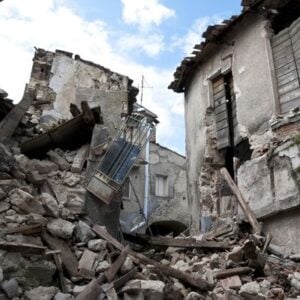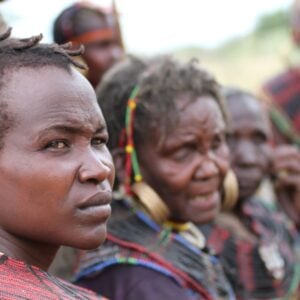Six months after powerful earthquakes struck central Myanmar on 28 March 2025, thousands of families remain in fragile and unsafe conditions. Those most affected include households headed by women, the elderly, people with special needs, and families living in hard-to-reach areas with limited means to rebuild. The International Federation of Red Cross and Red Crescent Societies (IFRC) continues to call for sustained attention and support to address the urgent humanitarian needs of these communities and to assist in long-term recovery efforts.
Since the earthquakes, the Myanmar Red Cross Society (MRCS), in coordination with the IFRC network and other partners, has reached over 200,000 people across 30 affected townships. Assistance has included essential food and water, emergency shelter, community health services via mobile clinics, psychosocial support, child-friendly spaces, and community-based initiatives such as water and sanitation solutions. The approach emphasizes dignity, protection, and enabling affected populations to prioritize their own needs.
The IFRC highlights the importance of sustainable humanitarian services through localization and community-based approaches. Recovery efforts are built on strong local presence and participation, ensuring that assistance respects the dignity and priorities of the affected populations. Field visits by IFRC officials, including Xavier Castellanos, Under Secretary General for National Society Development and Coordination, have shown the ongoing needs in Mandalay, Sagaing, and Naypyitaw. Communities continue to require safe shelter, healthcare—particularly for chronic illnesses among the elderly—education access, and livelihood support.
MRCS volunteers have been central to delivering relief over the past six months, providing essential items, safe drinking water, psychosocial support, and child-friendly spaces. Youth volunteers have played a key role in fostering trust and understanding within communities. The efforts of volunteers have been critical in saving lives, restoring dignity, and providing hope for recovery.
Despite the progress made, urgent needs remain widespread. Many families still live in damaged or unsafe shelters, and ongoing vulnerabilities are compounded by previous disasters, including floods. The IFRC’s Myanmar Earthquake Emergency Appeal is currently only 25% funded, leaving a significant gap to meet the needs of affected populations.
Further resources and donor support are urgently required to maintain humanitarian services, scale up recovery and resilience initiatives, and invest in long-term reconstruction. Linking recovery efforts with integrated community resilience, disaster preparedness, and local mechanisms is essential to ensure a safer and more dignified future for families affected by the earthquakes and other ongoing shocks.







